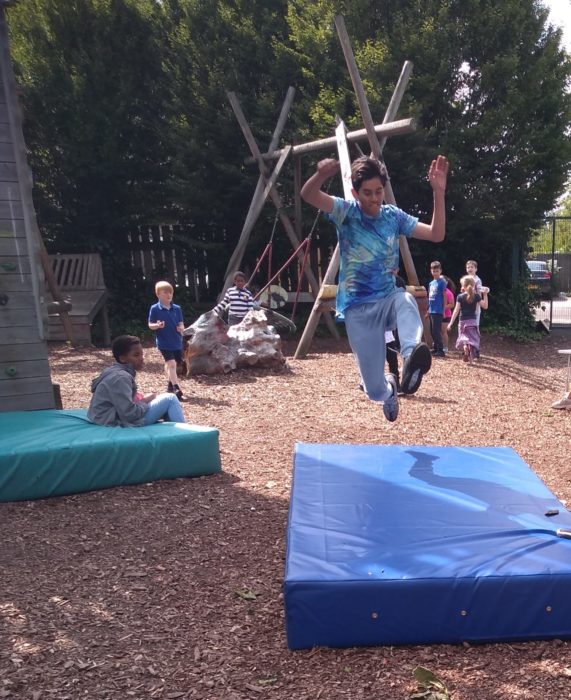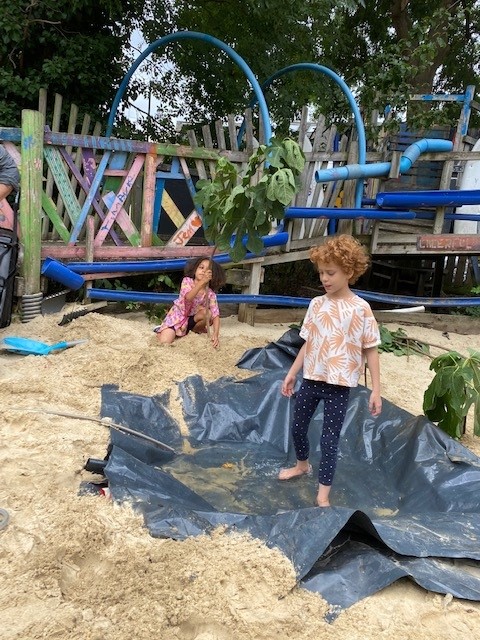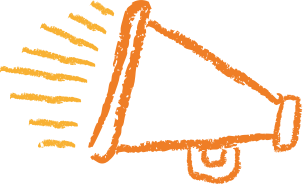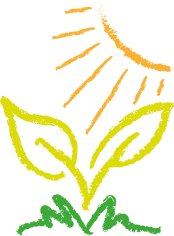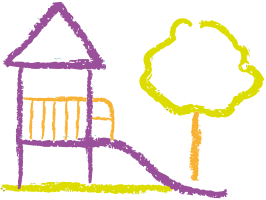Friday the 26th was the last day of the 2022 summer holidays. We would like to thank the whole IPA team for their effort and energy, especially the front line playworkers. Over the 5 week summer holiday children used their adventure playgrounds to build dens, create artworks and sculptures, wage water fights, cook on fires, eat free lunches, play football, create sand cities, make friends, climb trees and play in countless unique ways.
Children in Islington face many struggles. 47% of them live in poverty. In practical terms this means they suffer fuel and food poverty. Sometimes they are hungry, their families are stressed and we know, through research, that they feel shame. This will be compounded the cost of living crisis that the country is facing this year.
We know that play can’t solve the cost of living crisis, nor can it solve all the problems in children’s lives. But, we believe that the moments of happiness, creativity, risk and challenge that children experience through their play, help them to build the strengths that take them through hard times. Every day in adventure playgrounds, we see children develop social skills and build confidence. We see them make friends and we see them face setbacks and learn to bounce back. There have been tears and anger but we have also seen boundless creativity, humour and kindness.
In order for our children to face a world which is often hostile, they need play.
On the last day of the summer holiday I watched some children try to release a swing that was caught in a structure just out of their reach. They climbed, found sticks and took turns in shifting the seat. They got frustrated and one of them pushed another. This caused two friends to argue. One of them cried and sat under a table. They were just 6 and 7. I consoled the child under the table and reminded her that she had so much fun, just 20 minutes before in a fashion show that she and her friend had created. I said I would try to help her. I stood with the crying child whilst other children (including her friend) played on Monkey Bars. The other child walked away. We decided to stay at the monkey bars. Soon her friend came bounding back. She said nothing but grabbed her friend to give her a hug. She then asked the girl to apologise to her brother. They did this and then ran off to play.
The power of them taking higher ground, daring to reach out and rebuilding their friendship from a place of failure was wonderful to see. The children had solved their own problem with minimal support from a playworker, who stepped back and let the children find the resources within themselves.
I could have asked the children to make up, or to apologise, but this would have been my success and not theirs. Their outcome, which came from their own strength, was better.
This is what all of us did as children, if we were allowed to play. We faced setbacks, we made mistakes, we fell out with friends, and we found ways to fall back in with friends. Through this process we found out who we were and we built some of the tools which help us to face a, sometimes, hostile world.

